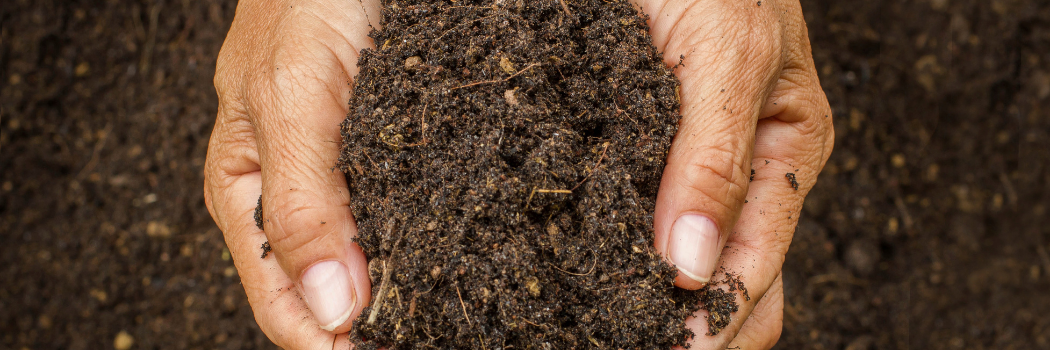Highlighting importance of soil health

Soil is a vital, and often overlooked, natural resource, helping to reduce flooding and mitigate climate change.
We’re driving government policies on soil health, resurrecting wastelands using novel technologies and educating people about the importance of soil health on our lives.
Professor Karen Johnson’s research in our Department of Engineering, has led on the award-winning development of low-cost sustainable technologies to remediate pollution in urban soils.
The ROBUST Project
In 2008, Professor Johnson was granted an EPSRC Challenging Engineering fellowship for the ROBUST project (Remediation of Brownfield using Sustainable Technologies), valued at over £1m.
Led by Professor Johnson, the Remediation of Brownfiled using Sustainable Techologies (ROBUST) project attracted regional and national engagement, involving local communities as well as policymakers in the government.
Her study found that soil health can be significantly improved using novel technologies including the use of clean waste minerals in combination with clean organic matter sources such as compost to revitalise degraded soil.
By increasing the amount of organic matter and minerals in polluted soil it can be brought back to use and also improve flood resilience.
This can bring about improvements in people’s health with the research also showing that people living in an area with more wasteland are 14 per cent more likely to suffer from a life-limiting illness.
Influencing government policies
Professor Johnson’s work has led to debate on soil health at policy-making level and in the Parliament. It has also been recognised by UK Research and Innovation (UKRI).
As a direct consequence of her work, she has presented to the Soil Health Inquiry on urban soils and engaged with the Environmental Audit Select Committee.
Since the Inquiry, soil has become a major consideration of the UK government’s 25-year Environment Plan.
Find out more
- Learn more about the work of Karen Johnson, Professor in our Department of Engineering, and Fellow of the Wolfson Research Institute for Health and Wellbeing.
- Read about the research on resilience of amended soils, improving soil fertility and regeneration of brownfield using sustainable technologies.
- Interested in studying at Durham? Explore our undergraduate and postgraduate courses in Department of Engineering.


/prod01/prodbucket01/media/durham-university/external-location-photography-/city-shots-/82922-1-1920X290.jpg)
